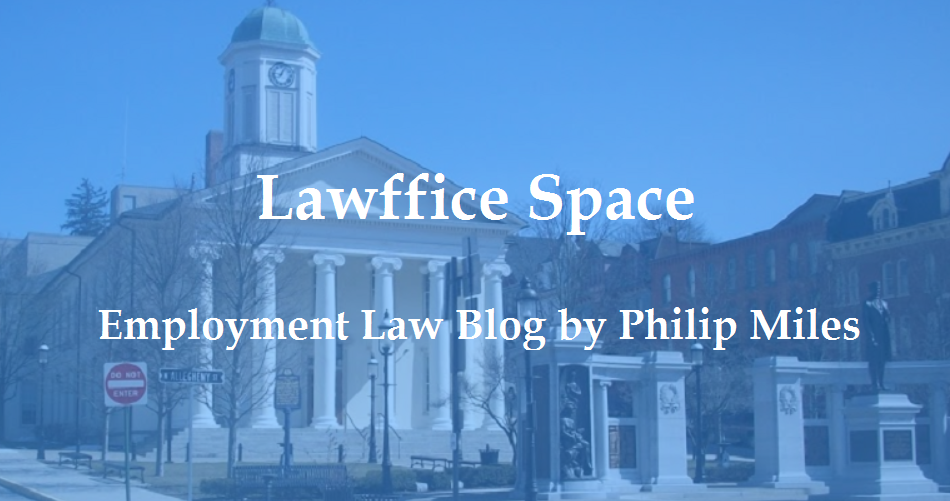An employer shall, at reasonable times, upon request of an employee, permit that employee or an agent designated by the employee to inspect his or her own personnel files used to determine his or her own qualifications for employment, promotion, additional compensation, termination or disciplinary action . . . .
Any person currently employed, laid off with reemployment rights or on leave of absence. The term 'employee' shall not include applicants for employment or any other person.43 P.S. § 1321 (emphasis added). The text seems to pretty clearly limit the right to view the personnel file to only current employees. Terminated and want to see your file? Tough luck. And, yet, it wasn't that simple.
In 1996, in Beitman v. Penn. Dept. of Labor & Industry, the Commonwealth Court of Pennsylvania held that:
[T]his Court does not interpret the phrase "currently employed" in Section 1 of the Act so stringently as to prohibit an individual from obtaining his or her personnel file when such request is made contemporaneously with termination or within a reasonable time immediately following termination.Now, maybe it's just me, but I don't consider interpreting "currently employed" to mean somebody who is employed currently as overly stringent . . . that's just reading what the statute actually says. Nevertheless, I advised employers over the years that they probably had to let fired employees see their personnel files. "Ya see, there's this Commonwealth Court case . . . ." I'd say.
Recently, the Supreme Court of Pennsylvania ("SCOPA" - help me make it catch on like "SCOTUS") held in Thomas Jefferson Univ. Hosp. v. Penn. Dept. or Labor & Industry:
Reading the Personnel Files Act according to its plain terms, we conclude that former employees, who were not laid off with re-employment rights and who are not on a leave of absence, have no right to access their personnel files pursuant to the Act, regardless of how quickly following termination they request to do so.That sounds right to me. A word of caution from the Court though:
[F]ormer employees who believe they have been wrongfully terminated may gain access to their files by filing a lawsuit and seeking the files in discovery.Furthermore, employers may want to provide fired employees with their personnel files as sort of a "see, there's nothing incriminating in there" to head off litigation.
HT:
Fired workers can't see their personnel files, Pa. Supreme Court says https://t.co/ITPQC7kJ2u— EmploymentCounsel (@EmpLawCounsel) July 7, 2017

No comments:
Post a Comment